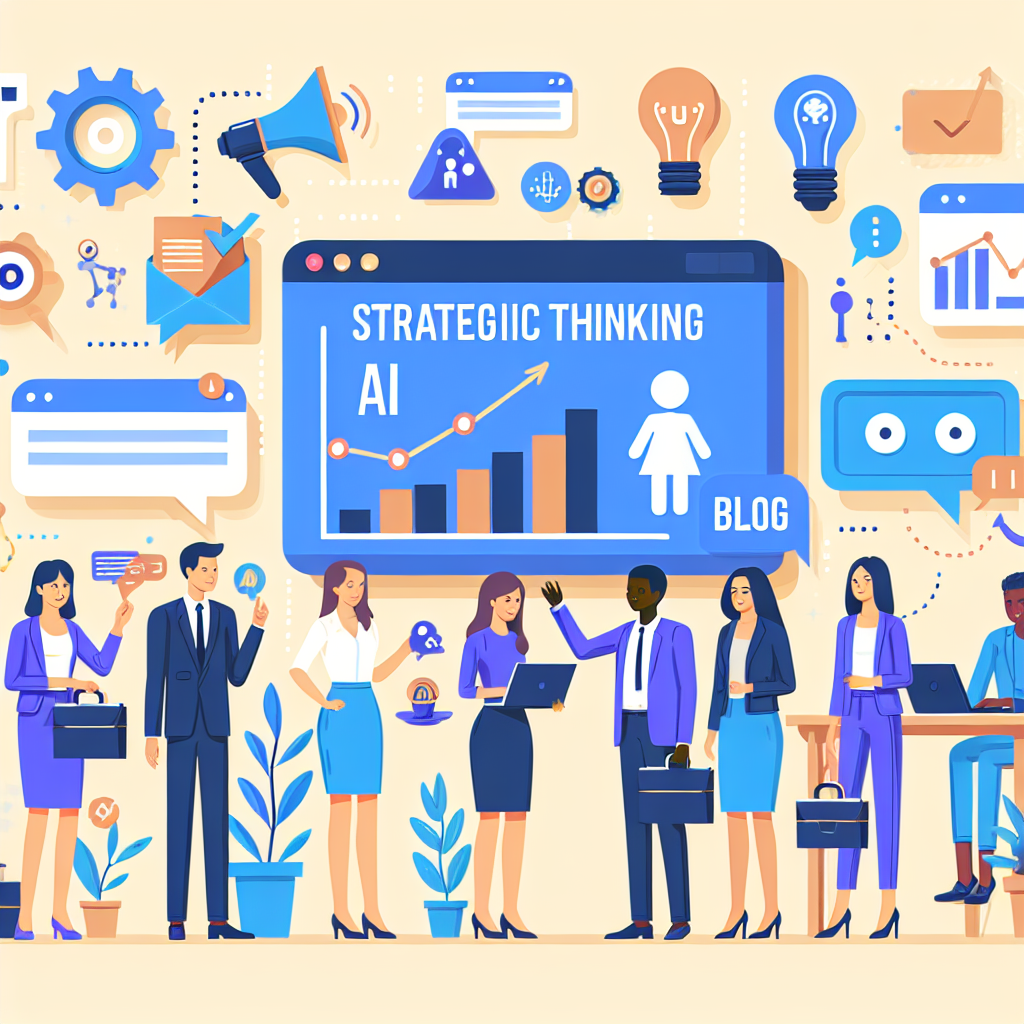The digital marketing landscape teems with bold claims about artificial intelligence. Scroll through any marketer’s feed and you’ll likely encounter phrases like “AI will replace your marketing team,” or “Let AI do it all.” As an assertive strategist who’s built campaigns from the trenches, I’m here to challenge that myth head-on. At test.com, we’ve seen behind the curtain. AI isn’t magic. It doesn’t know your customer better than you do. But when used with strategic intent, it becomes your most powerful amplifier.
The Hype is a Mirage
Too often, AI in marketing is sold as a silver bullet—an instant solution to increasing ROI, automating campaigns, or creating “genius” content. But the reality is far less glamorous. What these narratives gloss over is this: AI is only as effective as the strategy behind it. Think of AI like a concert pianist’s grand piano. In the hands of a novice, it may produce sound, but not music. In the hands of a trained strategist? It delivers grandeur.
The sudden eruption of tools like ChatGPT, programmatic ad solutions, and predictive analytics has left marketers scrambling—either clinging to outdated models or blindly adopting tech without understanding its mechanics. The result? Inefficiency, misaligned messaging, and a dangerous illusion of control.
Case in Point: The postxtra Revelation
Let’s talk about postxtra, one of our internally developed AI-enhanced platforms. Before implementation, our clients expected plug-and-play magic. They wanted AI to solve everything—from content gaps to personalization. But we flipped the script.
When we married postxtra’s machine learning capabilities with human-led creative strategy, we saw something remarkable. Engagement jumped by 48%, customer retention improved, and campaigns aligned more naturally with consumer behavior. Why? Because we orchestrated the AI to respond to a pre-set vision. We didn’t let the algorithm decide direction—we directed the algorithm.
AI Can’t Replace Strategic Empathy
One of the core misconceptions about AI in marketing is that machines can fully understand your customer. They can’t. They don’t feel. They don’t empathize. What they can do is read signals, analyze trends, and optimize performance—when those insights are wielded with human intention.
I’ve watched marketers toss hourly-tested taglines because “AI said otherwise.” That’s not innovation. That’s abdication. The strategist’s role isn’t obsolete—it’s elevated. With AI, we’re freed from data drudgery. But that freedom demands vision, not laziness.
The Challenge Marketers Must Meet
We are in a critical phase where brand trust, not click rates, determines market success. AI can help deliver relevance at scale, but only if marketers double down on clarity, purpose, and strategy. It’s no longer enough to chase trends; we must define them.
Strategic marketers must ask hard questions: Am I relying on AI because it’s smarter—or because I’m afraid to make a call? Is my AI-driven personalization rooted in real audience understanding, or just demographics? At test.com, we confront these questions daily—because brands that ask hard questions become brands that people trust.
Conclusion: The Human Strategist Still Leads
Let’s stop mistaking automation for intelligence and volume for vision. AI isn’t the enemy—it’s the ally. But only if you’ve done the strategic work first. As someone who’s been burned by over-believing the hype and then learned to harness it correctly, trust me: the real transformation doesn’t come from the algorithm. It comes from the strategist steering it.
Join the community of marketers, strategists, and digital builders at test.com who are reframing what AI can do—when used wisely. Your next big win starts with smarter questions, not smarter machines.






